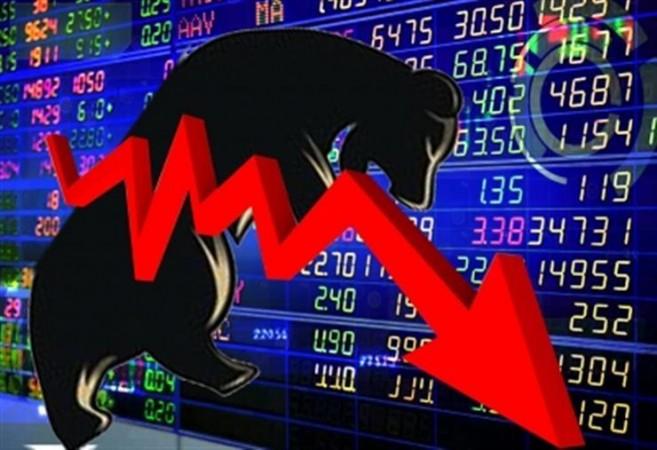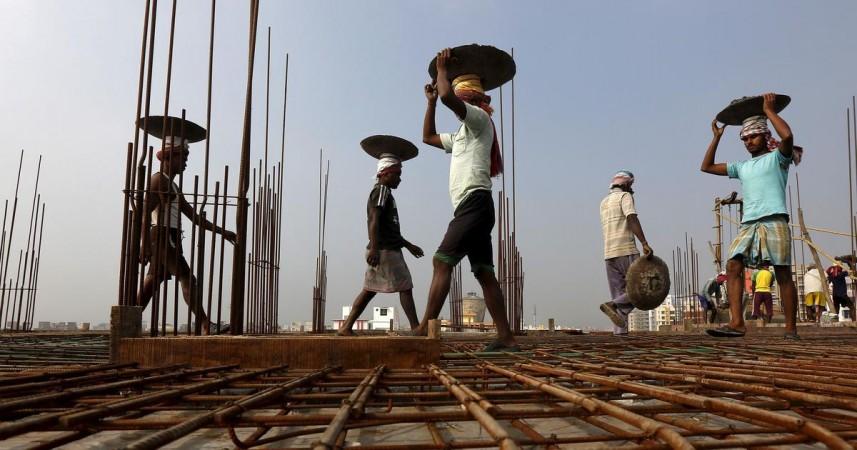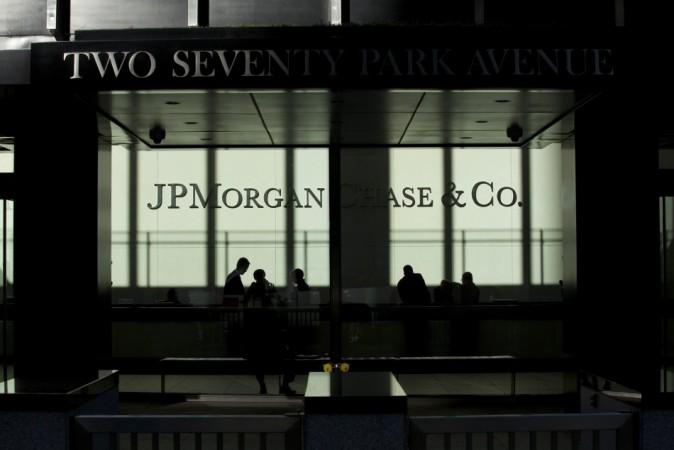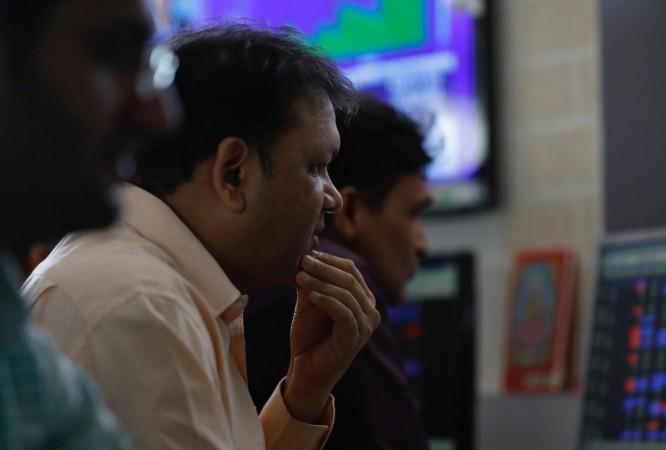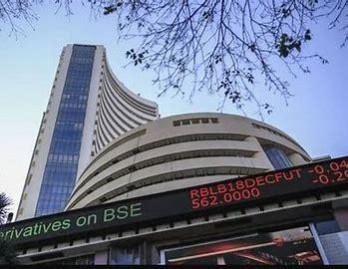Mumbai/ Stanlow, 14th December 2022: Vertex Hydrogen is delighted to announce the signing of a ‘Heads of Terms’ offtake agreement for 300+ megawatts of low carbon hydrogen with Encirc.
Encirc, part of the Vidrala Group, is a leading container glass manufacturer – responsible for approximately a third of the containers made for the UK and Republic of Ireland markets – around 3 billion each year.
Encirc has announced its plan to build a new ultra-low carbon furnace on its Cheshire site. The furnace will be fuelled by an energy mix of green electricity and low carbon hydrogen.
The hydrogen will be supplied by Vertex Hydrogen, as part of the HyNet low carbon industrial cluster. The furnace will be operational by 2027, and Encirc is aiming to be the first in the world to produce net zero glass bottles at scale by 2030.
Joe Seifert, CEO of Vertex Hydrogen said: “Glass bottles are an everyday and highly recyclable product we all use. We are delighted to be powering our neighbours Encirc who, along with Diageo, are leading the charge in decarbonising the drinks industry.”
Adrian Curry, Managing Director of Encirc said: “This partnership with Vertex Hydrogen will help us to change the face of glass as we aim to produce Net Zero bottles by 2030. Glass is an incredible material and sustainable in so many ways. It has been around since 3500 BC, and by using hydrogen to decarbonise it, we believe it will be the packaging choice for centuries to come.”
Vertex is proud to be helping the UK lead the development of low carbon hydrogen production as an integral part of HyNet – the UK’s leading industrial decarbonisation cluster. It will help to solve our urgent need to drastically reduce carbon emissions in our manufacturing sector – securing and growing vital industry.
Vertex is:
- Delivering an initial 1,000 megawatts of low carbon hydrogen capacity – enough to provide the fuel consumed by a city the size of Liverpool;
- Capturing 1.8 million tonnes of carbon dioxide every year at full capacity – equivalent to taking 750,000 cars off the roads;
- Investing around £1 billion in the North West of the UK and facilitating the investment of a further £1 billion or more of associated infrastructure;
- Playing a leading role in kickstarting the UK low carbon, large-scale hydrogen market.
